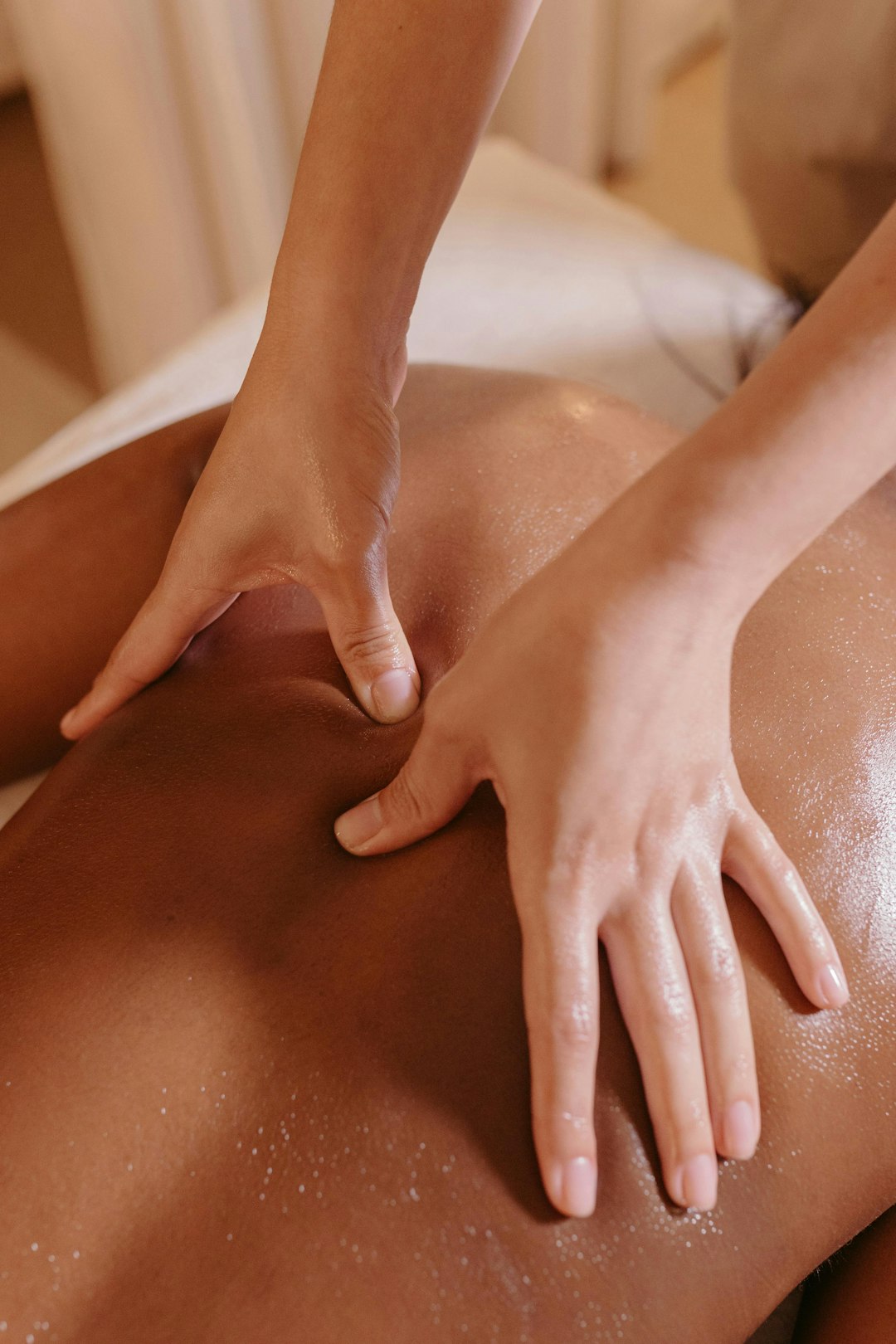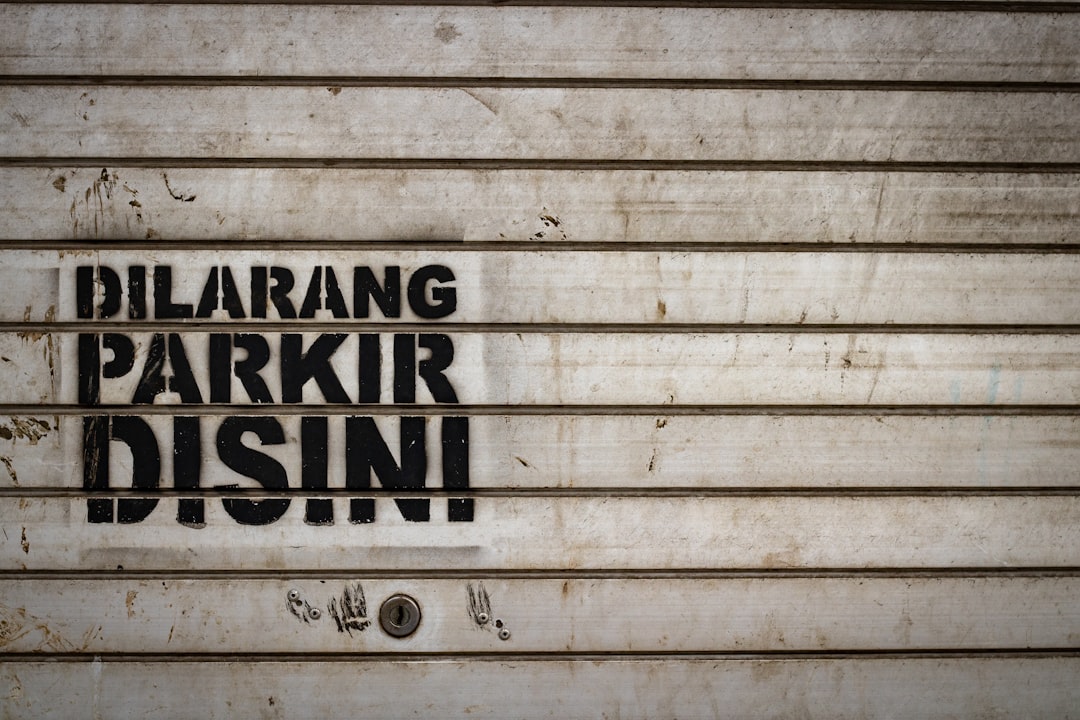The Vardamans Massage Therapist Cultural Competence Workshop bridges cultural gaps, teaching therapists about diverse practices and their impact on relationships. In Mississippi, where a diverse population and instances of massage abuse exist, this workshop empowers therapists to provide ethical, respectful care. By understanding cultural nuances, therapists enhance client wellness journeys, especially for past trauma survivors. Workshops equip professionals with tools to navigate cultural differences, address biases, and communicate effectively, fostering inclusive spaces free from discrimination or abuse. Real-world case studies train therapists on navigating complex cultural and ethical dilemmas in Mississippi's unique legal landscape, emphasizing consent and professional conduct, including interactions with massage abuse attorneys.
“Unwind, heal, and explore cultural boundaries at Vardamans Massage Therapist Cultural Competence Workshop—a transformative experience. This comprehensive workshop delves into the intricate tapestry of massage therapy within diverse cultural contexts. From addressing massage abuse and its legal implications in Mississippi to fostering cultural competence, it equips therapists with essential strategies. Real-world case studies provide valuable insights from industry veterans, ensuring attendees are prepared for various client encounters. Discover how this unique program revolutionizes massage therapy practice while promoting sensitivity and ethical standards.”
Understanding Massage Therapy within Cultural Contexts: A Workshop Overview

Massage therapy, as a healing practice, is deeply influenced by cultural contexts, making it essential for therapists to understand and respect diverse cultural beliefs and practices. The Vardamans Massage Therapist Cultural Competence Workshop aims to bridge this gap by providing a comprehensive overview of how culture shapes massage experiences.
Attendees will explore the intricate relationships between massage therapy and various cultures, learning about the historical and contemporary practices that reflect different societal values and norms. Through interactive sessions, participants will gain insights into cultural nuances, including body language, touch preferences, and spiritual beliefs, which can impact the therapeutic relationship. This workshop is particularly relevant in Mississippi, where a diverse population may include individuals with varying cultural backgrounds, some of whom might have experienced massage abuse or traumatic practices in their communities. By fostering cultural competence, therapists can ensure ethical and respectful interactions, enhancing the overall wellness journey for every client.
Addressing Massage Abuse and Legal Implications in Mississippi

In Mississippi, addressing massage abuse and its legal implications is a critical aspect of ensuring cultural competence among massage therapists. Massage therapy, while beneficial for many, has seen instances where clients have been subjected to abusive practices. It’s crucial for therapists to be aware of their rights and responsibilities, especially in terms of consent, boundaries, and client safety. Understanding the legal framework surrounding massage therapy is essential, as it varies from state to state, including Mississippi, where specific laws protect both therapists and clients from malpractice, assault, and battery.
Therapists must be vigilant in obtaining informed consent from clients, documenting sessions meticulously, and understanding their limits. In the event of alleged abuse, knowing the steps to take, including reporting suspicious activities to relevant authorities or consulting a massage abuse attorney Mississippi, is vital. This proactive approach not only safeguards therapists but also fosters a safe, respectful environment for all clients seeking therapeutic services.
Fostering Cultural Competence: Strategies for Massage Therapists

Massage therapists in Mississippi, and across the nation, are increasingly recognizing the importance of cultural competence to foster inclusive and safe spaces for their clients. Cultural competence involves understanding and respecting diverse cultures, traditions, and personal beliefs, which can significantly enhance the therapeutic experience. By embracing this approach, therapists can ensure that every client feels valued and respected, especially those who may have experienced massage abuse or discrimination in the past.
Workshops like Vardamans Massage Therapist Cultural Competence Workshop play a pivotal role in empowering therapists with strategies to navigate cultural differences effectively. These sessions often delve into topics such as unconscious biases, ethical considerations, and communication techniques tailored to diverse populations. By participating in such workshops, massage therapists can better serve clients from various ethnic backgrounds, ensuring their practices are sensitive, culturally responsive, and free from discrimination, thereby contributing to a more inclusive wellness environment.
Real-World Case Studies: Learning from Experience in the Industry

Real-world case studies are an invaluable tool in training for massage therapists, offering a glimpse into the complex dynamics that can arise in the industry. These scenarios, drawn from actual experiences, allow professionals to navigate sensitive cultural and ethical issues they may encounter while providing services. By studying these cases, therapists can learn to recognize potential pitfalls, such as instances of massage abuse or inappropriate boundaries, which are significant concerns in Mississippi, given the state’s legal framework regarding consent and professional conduct.
Through these case studies, participants gain practical insights into how to handle challenging situations with cultural competence. They explore scenarios where clients may have diverse backgrounds, beliefs, or expectations, requiring therapists to adapt their practices accordingly. This hands-on learning approach ensures that massage therapists in Mississippi are well-prepared to deliver safe, respectful, and therapeutic experiences for all clients, fostering a positive and inclusive environment despite the state’s unique legal context surrounding massage services.






